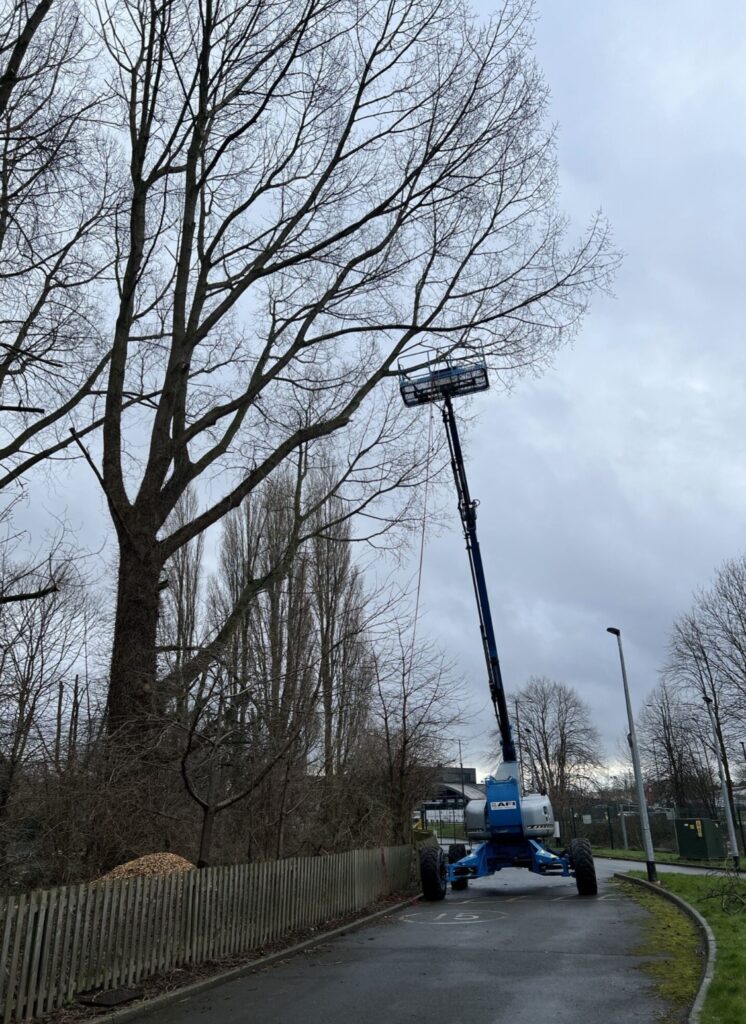East Midlands Chamber has confirmed a refreshed leadership team at its annual meeting in Leicester. Cham Kang has begun his term as President, taking over from Dawn Whitemore as members reviewed a year of activity and priorities for the region’s business community.
Speaking after the AGM, East Midlands Chamber New President Dr Cham Kang said: “I’m absolutely delighted to be President of East Midlands Chamber. As a region we have got a lot of history. We’ve got brilliant businesses and we are a fantastic region for all aspects of business and a strong community.
“I think the one thing we need is confidence. It’s been a couple of difficult years, particularly last year, and I think we need to build momentum by talking each other up, helping each other to support each other. Let’s build that confidence, let’s build that self-belief, let’s evolve, let’s collaborate – so we can all grow together and our region grows as a result.
“I’m feeling really positive about 2026 because I think the language is starting to change. I think at the last Budget, everyone was a bit nervous. It was difficult but it not as bad as people had anticipated. Now it’s very important that we start to be optimistic and start doing the things that we need to, for successful business in a successful region.”
The AGM confirmed several new appointments. Mark Deakin will serve as Vice-President. Eileen Perry MBE DL has taken the role of Vice-Chair. Preethi Kang has been named incoming Chair of Generation Next, the Chamber’s network for young professionals.
Members also approved board changes. Richard Cohen, Stephen Grubb, Tom Morgan and Becky Rix have joined the Board of Directors. Emma Baumback has been re-elected for another term.












